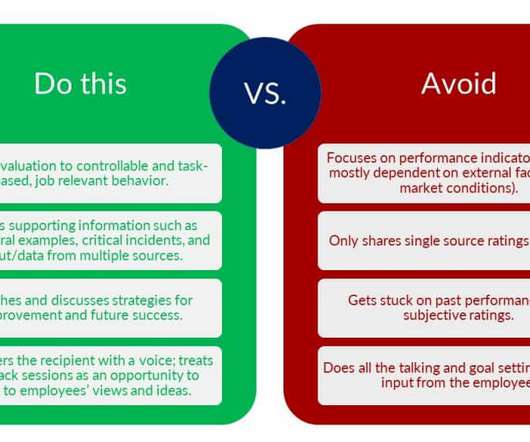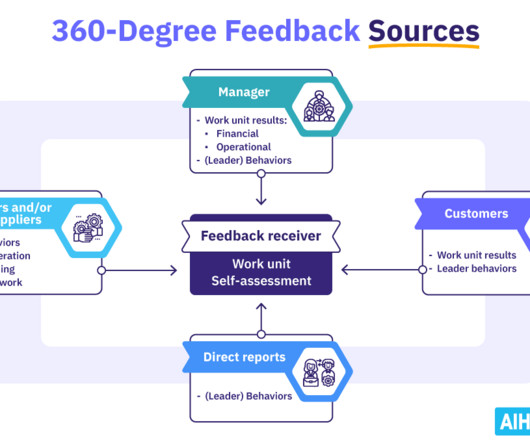Beyond HR KPIs: Strategic Metrics for Organizational Development
Analytics in HR
JUNE 22, 2020
The previous decades have confirmed that financial information is not enough to describe organizational capabilities for creating value ( Lev & Zarowin, 1999 , Francis & Schipper, 1999 ; Balachandran & Mohanram, 2004 ). We need KPIs that give information about the connection ( Becker, Huselid, & Ulrich, 2001 ).




















Let's personalize your content